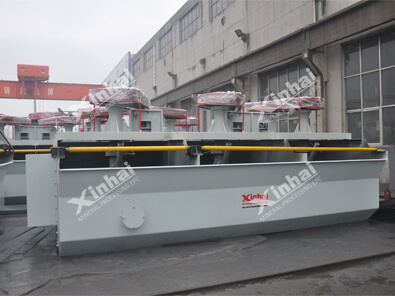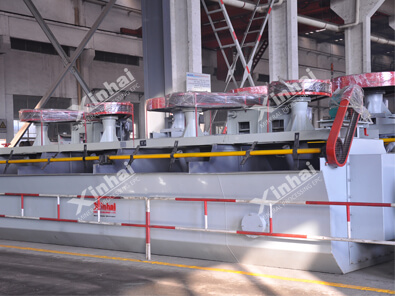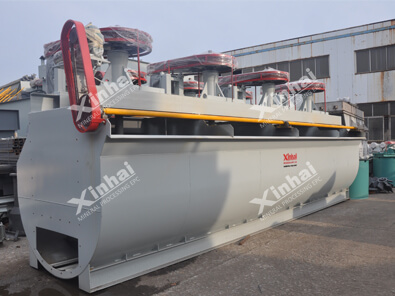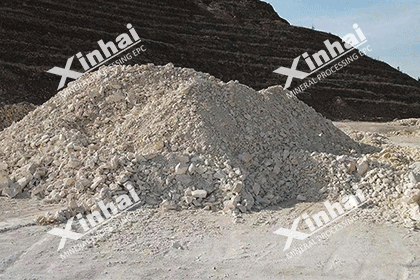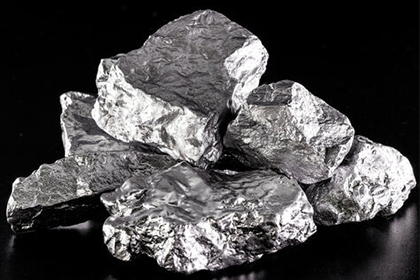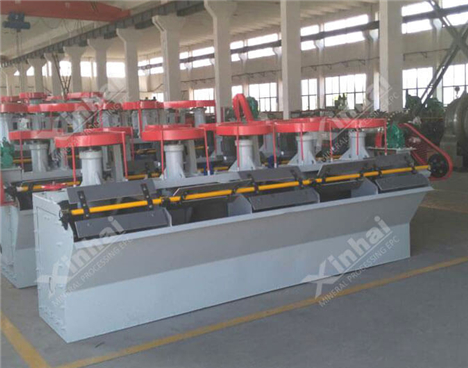The Flotation Reagent Selection in Copper, Zinc and Lead Ore Flotation
 Shirley
Shirley
 Sep 29, 2021
Sep 29, 2021
 3624
3624
If you want to know more details about equipment, solutions, etc, please click the button below for free consultation, or leave your requirements!
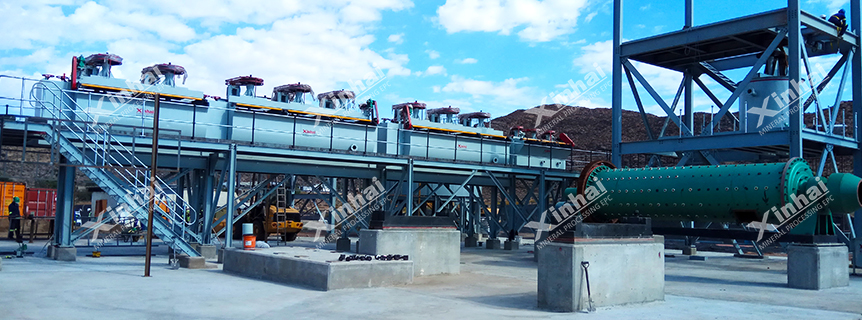
This is a guide about the flotation reagents to be used in copper, zinc and lead flotation. In this guide, you'll know about:
The flotation reagent selection in copper ore flotation
The flotation reagent selection in zinc ore flotation
The flotation reagent selection in lead ore flotation
Let' s dive right in!
Copper-lead-zinc polymetallic ore is widely distributed in the world. With the continuous development of the economy, copper, lead, and zinc, as common metals, have been increasingly exploited. But the sorting of copper-lead-zinc polymetallic ore has been a big problem.
Flotation method is mostly used in the separation of non-ferrous metal (copper, lead, zinc, etc.) ores, especially for fine-grained, intergrowth and complex ores such as copper-lead-zinc ore. The flotation of copper, lead, and zinc generally adopts the differential flotation process, which means separate the copper concentrate, lead concentrate, zinc concentrate and tailings according to the order of the floatability and the floating speed of the copper, lead, zinc and other sulfide minerals in the ore.
This guide will mainly introduce the selection of these 3 types of ore flotation reagents and precautions in use in the priority flotation process of copper, lead and zinc.
01 Selection of Flotation Reagent in Flotation of Copper Concentrate
BackIn the flotation process of copper ore, there are many factors that easily affect the results, and the choice of the collector type has a greater impact on the copper ore roughing index. The choice of copper-lead collector is very important. While ensuring the copper-lead recovery rate, it is necessary to minimize the rise of zinc and sulfur. The collectors currently used in the flotation process of copper ore, in addition to the more traditional collectors for sulfide ore, many other types of collectors, such as LP-01, BK-901, and Y-89 are also selected.
However, in the flotation process of copper ore, several collectors may affect the results or even interfere with each other. Therefore, when selecting flotation reagents for copper concentrates, attention should be paid to the selection of collector types to prevent them from affecting flotation operations.
02 Selection of Flotation Reagent in Flotation of Lead Concentrate
BackThe flotation of lead ore generally starts after a scavenger of copper ore. In order to ensure that the lead ore roughing can obtain the ideal recovery effect, it is necessary to determine the amount of collector.
In order to ensure the pH value of the slurry, we usually use lime as a slurry regulator, but the lime has a strong inhibitory effect, which will eventually affect the recovery rate. Therefore, we should choose other kind of pH regulator.
03 Selection of Flotation Reagent in Flotation of Zinc Concentrate
BackUnlike the slurry regulator in the lead ore beneficiation process, lime is mainly used as an inhibitor in the zinc ore roughing process. The key to the separation of lead (copper) and zinc often lies in the use of selective inhibitors. In most ore deposits, during the grinding process, sphalerite is more or less activated by copper ions or other soluble heavy metal ions.
Therefore, when lead-zinc flotation is carried out, zinc ore must be effectively inhibited. The adding amount of lime will also affect the beneficiation recovery rate and index. In the separation of zinc ore, the higher the amount of inhibitor lime, the higher the beneficiation grade, but the recovery rate shows a significant decrease. In order to meet the expected requirements for the recovery rate and grade, the lime consumption standard is generally set to 800g/t during the beneficiation, which meets the requirements of both grade and recovery rate.
After finishing the rough separation of zinc ore, we can remove the tailings and directly enter the stage of zinc ore concentrating. Different from roughing, zinc ore concentrating must be completed many times, and lime must be added to control the pH value of the slurry each time the zinc ore is extracted.
04To Wrap Up
BackIn the beneficiation of copper, zinc and lead, we should pay more attention to the selection of the beneficiation process and pay attention to every details of flotation. As part of the flotation process, the selection and use of flotation reagents will not only affect the final recovery rate and concentrate grade, but also affect the overall cost of the concentrator. Therefore, it is recommended that all mine owners conduct a beneficiation test first when determining the flotation reagent, so that the beneficiation plant can eventually enable to obtain the expected return on investment.
If you have any questions about the selection of flotation reagent, please leave a message to communicate with us, or consult our online customer service.
 +86 182 3440 3483
+86 182 3440 3483 yanzhang19990421@gmail.com
yanzhang19990421@gmail.com



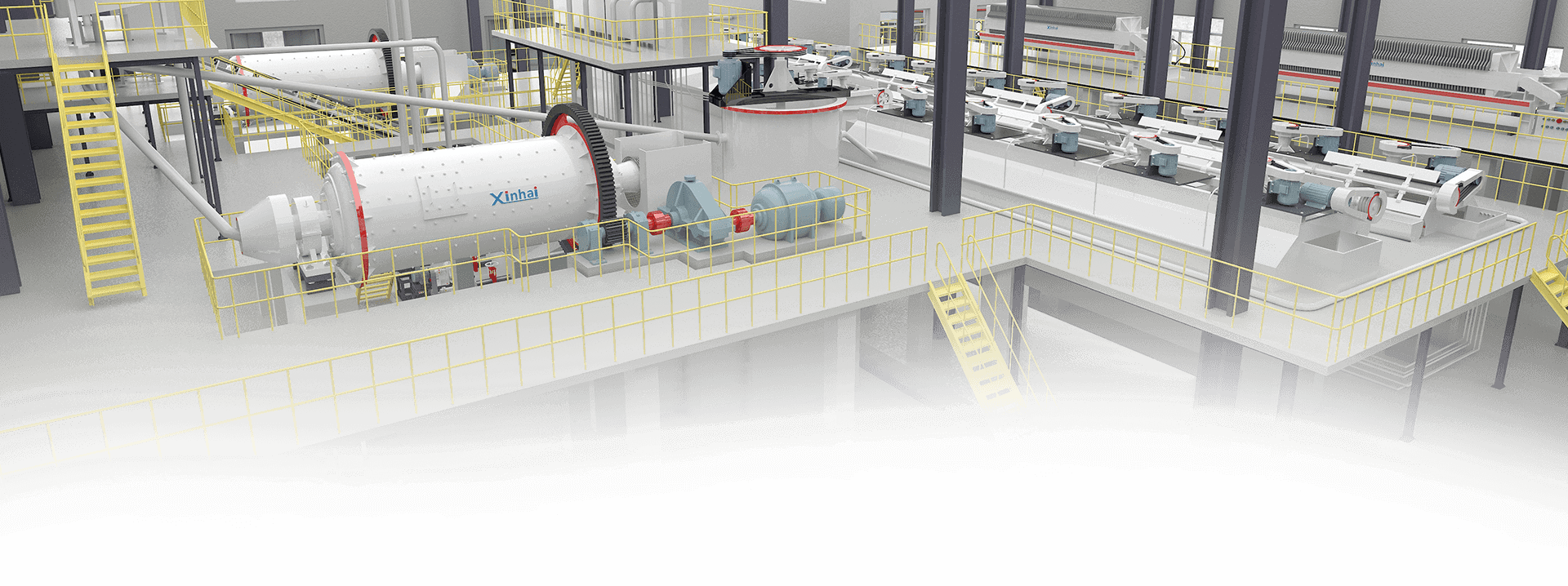
 Message
Message Chat Now
Chat Now


